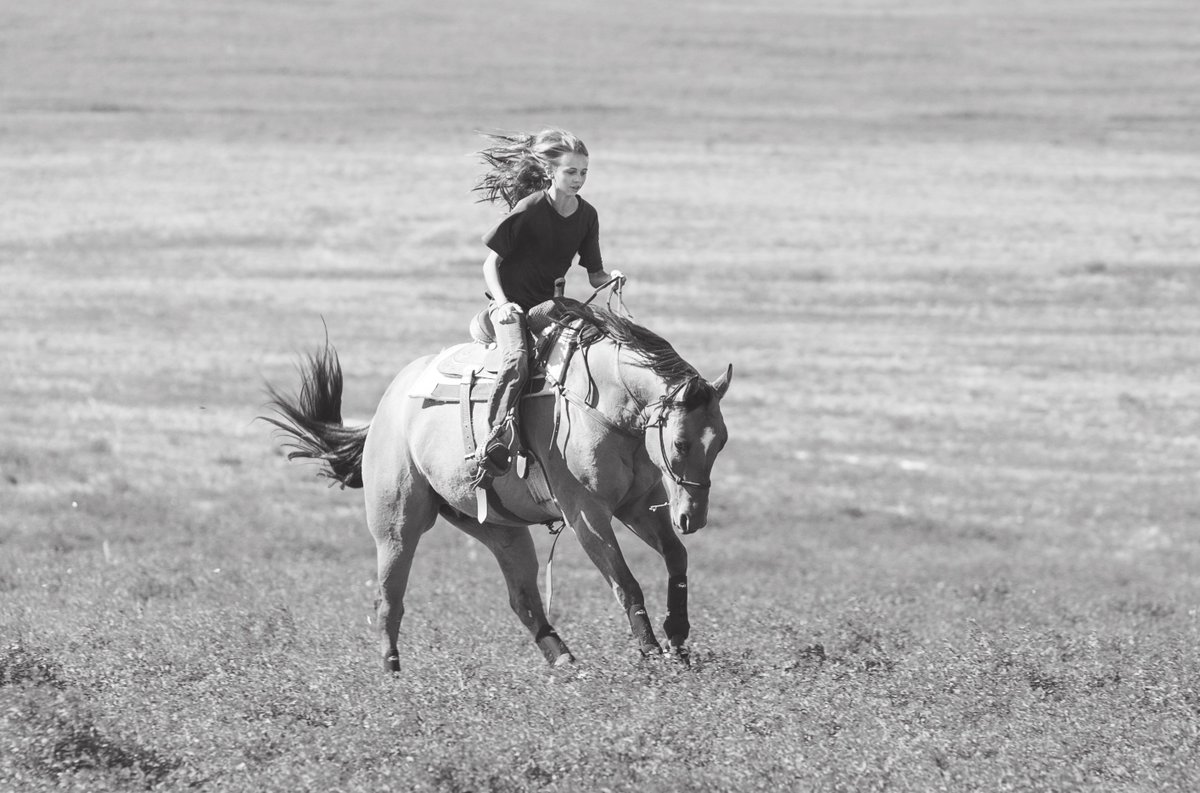From the way we use language, the term “spoiled” can take on different connotations for the user from “absolutely ruined” to “living in the lap of luxury”. This range of interpretation is common in the equine world. Someone might see a horse and say, “that horse is spoiled” the owner then gushes and say, “yes he is, I love my ______ (insert name)”. But that’s probably not what was meant by the comment.
Spoiled horses have created a mega industry that has allowed a good number of equestrians to get rich and famous by showing people how to solve the problems created by spoiled horses. Chances are that if you constantly provide treats – confession, I used to do it – you are probably spoiling your horse, and not only in terms of treats but in other ways too. You probably love it when your horse comes over and pushes you with his nose or leans lovingly against you.
It’s important for us to remember that the horse never came willingly into our world – we entered his. Yet, if treated with understanding and good communication the horse can become a willing partner. If spoiled, all sorts of unwanted problems can and will arise. In his world, these might be signs of dominance, or insecurity – how would you feel if I walked up to and started rooting through your pockets to see what you have? In effect that is what your horse is doing – uninvited.
You may have made yourself your horse’s safe space, when he is leaning or rubbing on you, he feels comfort – when he can’t have that he feels insecure. If you stop that behaviour, he might react with a temper tantrum, that’s not cute – it’s another sign he’s spoiled. You probably wouldn’t let your kid do that. And, if he get’s spooked while you are hand walking him, he’s going to try to jump into his safe space – your pocket.
A Ray Hunt quote often bantered around goes; “the horse is always right”. Buck Brannaman also said something to the effect of “if you mess it up you can always beg forgiveness and start over” – for some of the spoilers these remarks suggest that they should simply bring extra carrots next time. But that’s not what either man ever meant. Ray Hunt was going deeper, he meant that the horse always responds to his understanding of the situation, so from the horse’s point of view he did the right thing – it was the human that didn’t set it up right. Buck in essence was saying the same thing – if you screwed up in your presentation such that the horse got lost you can always go back and start over.
Some of the signs your horse might be spoiled include, won’t lead up properly, constantly rubbing itself on you, stepping into your space, argues with you about where and when it will be going, won’t stand still for mounting, requires constant and stern discipline when ridden, gets nervous around new experiences, drags you around, is constantly distracted and so on.
Now some of these things may be expected in young ones that are just starting out, but each should retire quickly as the horse develops a relationship and understanding of what you are both asking and expecting. Horses like to live a peaceful coexistence, they don’t go looking for fights, they look for the easiest way out of everything – be careful what it is that you make easy, remember the horse is always right and always much more observant than you are.
If these problems continue beyond basic training you may start to experience other issues, especially when riding, for example, excessive spooking, running off, rearing, bucking or crow hopping, constantly dropping in and generalised anxiety showing up in other forms – kind of like a kid in class looking out the window instead of paying attention to the teacher.
The longer these issues go on without being addressed the deeper rooted they become and the more forcefully they will need to be addressed in the future. And, that is how the industry developed, fixing problems. The target audience for these programs is mostly comprised of middle aged women with spoiled horses. These training programs provide people who are lacking confidence or knowledge with alternatives to riding and suggest other (safer) things to do with their horses.
Timing is very important, Tom Dorrance once noted, “a person needs to learn to get there early, before it happens” and in Ray Hunt’s words “you need to do less sooner, you’re always doing too much, late”. Horses don’t think like humans – they don’t plan for tomorrow or think about yesterday – beyond recognising experiences emerging in repeated patterns. Horses are very astute observers they are very sensitive both physically and mentally – and if we apply our own intelligence, we can use those sensitivities to work for us. If we don’t apply ourselves in a thoughtful manner those (horses) observations can work terribly against us.
The book “Evidence Based Horsemanship” by Martin Black and Dr. Steve Peters is a great exploration into the science of horsemanship and horse behaviour. The real science however is in us changing our attitudes and applying what we have learned from our own studies of the horse. You can bet the horse has already sized you up from the time they first encounter you. Now, I don’t mean they are scheming to set you up, rather they explore pathways to find relief from interacting with you. Leading to the all too familiar adage “make the wrong thing difficult and the right thing easy”.

